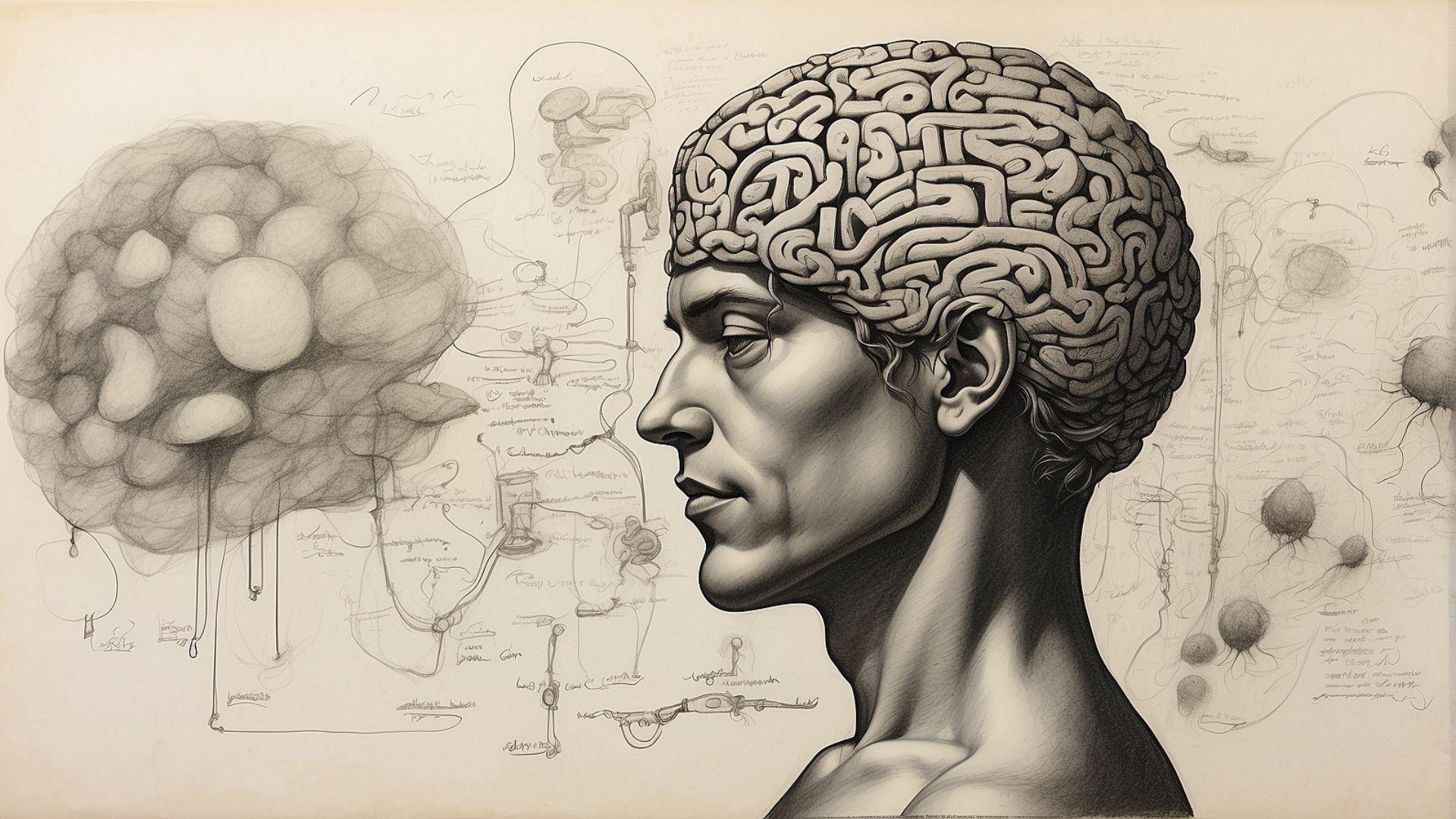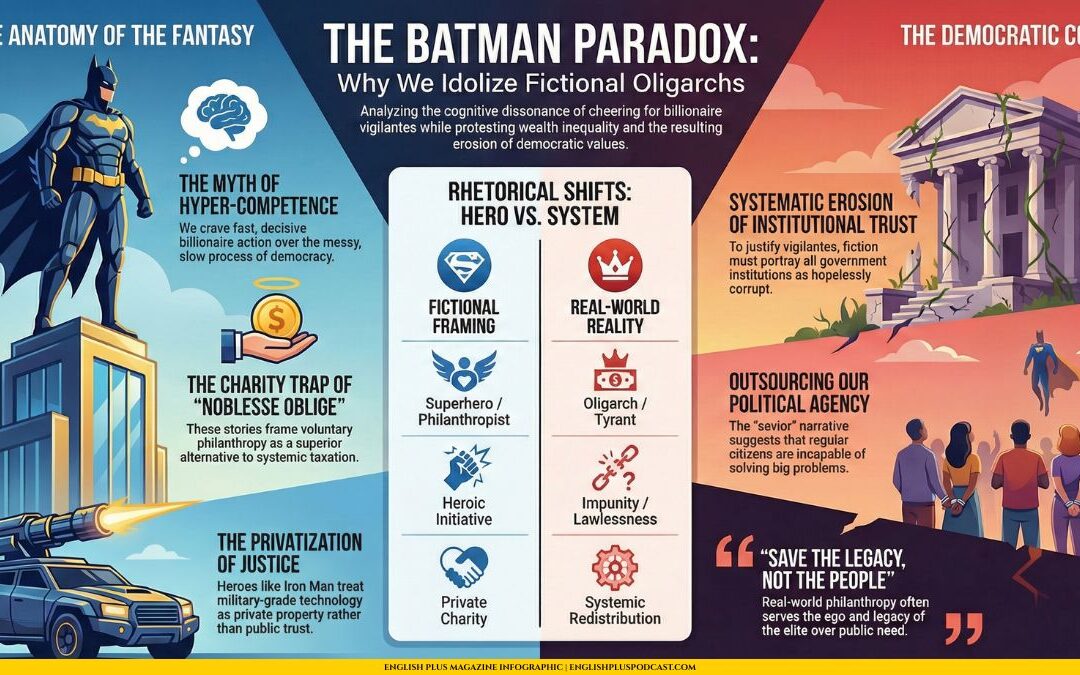Origin of the Quote:
The quote “I think, therefore I am” (in Latin, “Cogito, ergo sum”) is attributed to the French philosopher René Descartes. He first introduced this philosophical statement in his work “Meditations on First Philosophy,” published in 1641. Descartes used it as a foundational element in his quest to establish a firm and indubitable foundation for knowledge.
Context of the Quote:
In “Meditations on First Philosophy,” Descartes embarks on a journey of doubt and skepticism, questioning the reliability of sensory perception and the world around him. He eventually reaches the famous conclusion that while he can doubt everything, including the existence of the external world or even the existence of a benevolent God, he cannot doubt the existence of himself as a thinking being. The act of doubt itself, he argues, is proof of his existence because one must exist as a thinking entity to doubt or think.
Importance and Relevance to Everyday Life:
Descartes’ quote has had a profound impact on philosophy, epistemology, and the way we understand the nature of human existence. It highlights the fundamental relationship between thought and existence, asserting that consciousness is undeniable proof of one’s own existence. This concept has significance in several aspects of life:
1. Self-Awareness: The quote encourages individuals to reflect on their own thoughts and consciousness, fostering self-awareness and introspection. It reminds us that our ability to think is a fundamental aspect of our existence.
2. Epistemology: In the realm of philosophy, Descartes’ quote contributes to discussions about the nature of knowledge and certainty. It challenges us to critically examine our beliefs and consider what can be truly known with certainty.
3. Personal Responsibility: The quote underscores the idea that individuals have agency and responsibility for their thoughts and actions. It empowers us to take control of our lives by recognizing the significance of our conscious choices.
When to Use the Quote:
It is appropriate to use Descartes’ quote when discussing topics related to self-awareness, consciousness, philosophy, or the nature of existence. For example, in a philosophical debate about the foundation of knowledge, you might reference this quote to highlight the role of thought in establishing certainty.
When Not to Use the Quote:
It may not be appropriate to use this quote in situations that require sensitivity, as it can be seen as overly abstract or disconnected from practical matters. Avoid using it to dismiss the experiences or concerns of others, especially when discussing emotional or personal issues.










0 Comments